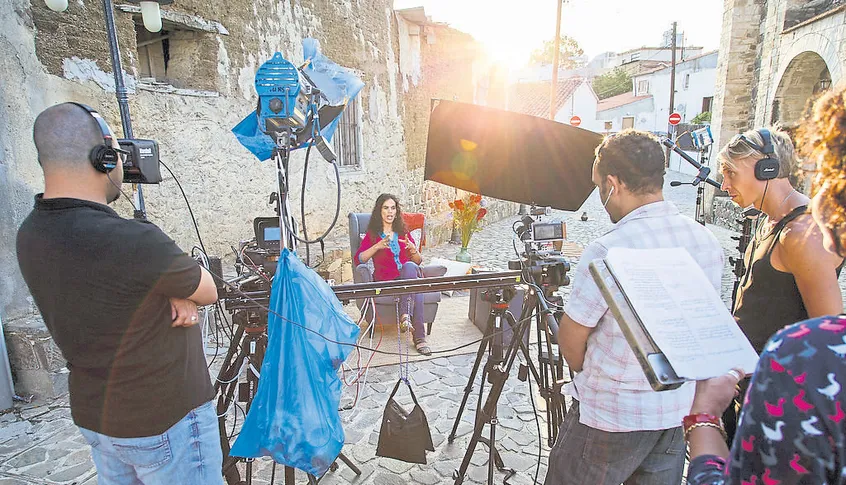A second-hand television in a night watchman’s family shelter on a Cairo building site.
Who would have thought it could spark the vision for a Christian broadcast ministry that, 20 years later, would stretch right across the Middle East? But it was that sight, next to the apartment block where media missionary Terence Ascott was living, that led to the launch of SAT-7, a satellite TV network watched today by 15 million viewers from Casablanca to Kabul.
On 31 May SAT-7 celebrated 20 years of broadcasting, having grown from two hours a week recorded in a rented Beirut studio, to five Middle East channels broadcasting 24/7 in Arabic, Farsi (Persian) and Turkish. The success of this pioneering Christian media presence in predominantly Muslim nations is remarkable. In a region where the actual numbers of Christians has dramatically declined recently, SAT-7 has helped to make the lives and witness of Christians more widely visible than ever before.



